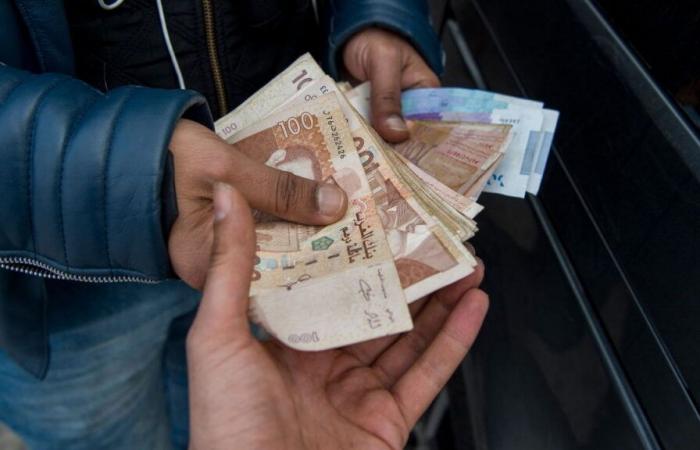Key information
- Prices of fuels and lubricants are expected to decrease by 12.4 percent due to lower global oil prices.
- Core inflation is expected to reach 2.3 percent, indicating persistent price increases in other sectors of the economy.
- The cost of basic necessities remains unaffordable for a large part of the population, which limits the impact on household budgets.
Inflation in Morocco is expected to decline to 0.8 percent by the final quarter of 2024. This follows a rate of 1.3 percent in the previous quarter, signaling a potential easing of inflationary pressures. However, despite these predictions, many Moroccans are still struggling with the impact of the high cost of living.
Prices of fuels and lubricants are expected to decrease significantly by 12.4 percent due to the fall in global oil prices, which have been a major factor in inflation. While this decline brings some relief, essential goods such as food, meat and fuel continue to strain the budgets of most families. Although prices of volatile food items, including fruits and vegetables, are expected to decline slightly by 0.6 percent year-on-year, staples such as meat and dairy remain at high levels, forcing many families to reduce their expenses or look for other options.
Impact on household budgets
Core inflation, which excludes food and energy costs, is expected to reach 2.3 percent. This indicates persistent price increases in other sectors of the economy. Regulated prices, which include utilities and services, are expected to remain at their current level unless the government implements new policies.
While Morocco's central bank forecasts progress in controlling inflation, many Moroccans, particularly those with lower incomes, continue to feel the brunt of the rising cost of living as wages have often struggling to keep up. In October, the consumer price index (CPI) decreased by 0.3 percent according to Morocco's High Commission for Planning. This decline is mainly attributed to a 0.5 percent decrease in food prices and a slight 0.1 percent decrease in non-food goods.
Limits of reducing inflation
Despite these reductions, the impact on household budgets remains limited, as many goods continue to be sold at high prices. The cost of basic necessities, from food to energy bills, remains unaffordable for a large part of the population. Even as inflation figures decline, many families continue to struggle to cover basic expenses.
If you want access to all articles, subscribe here!






